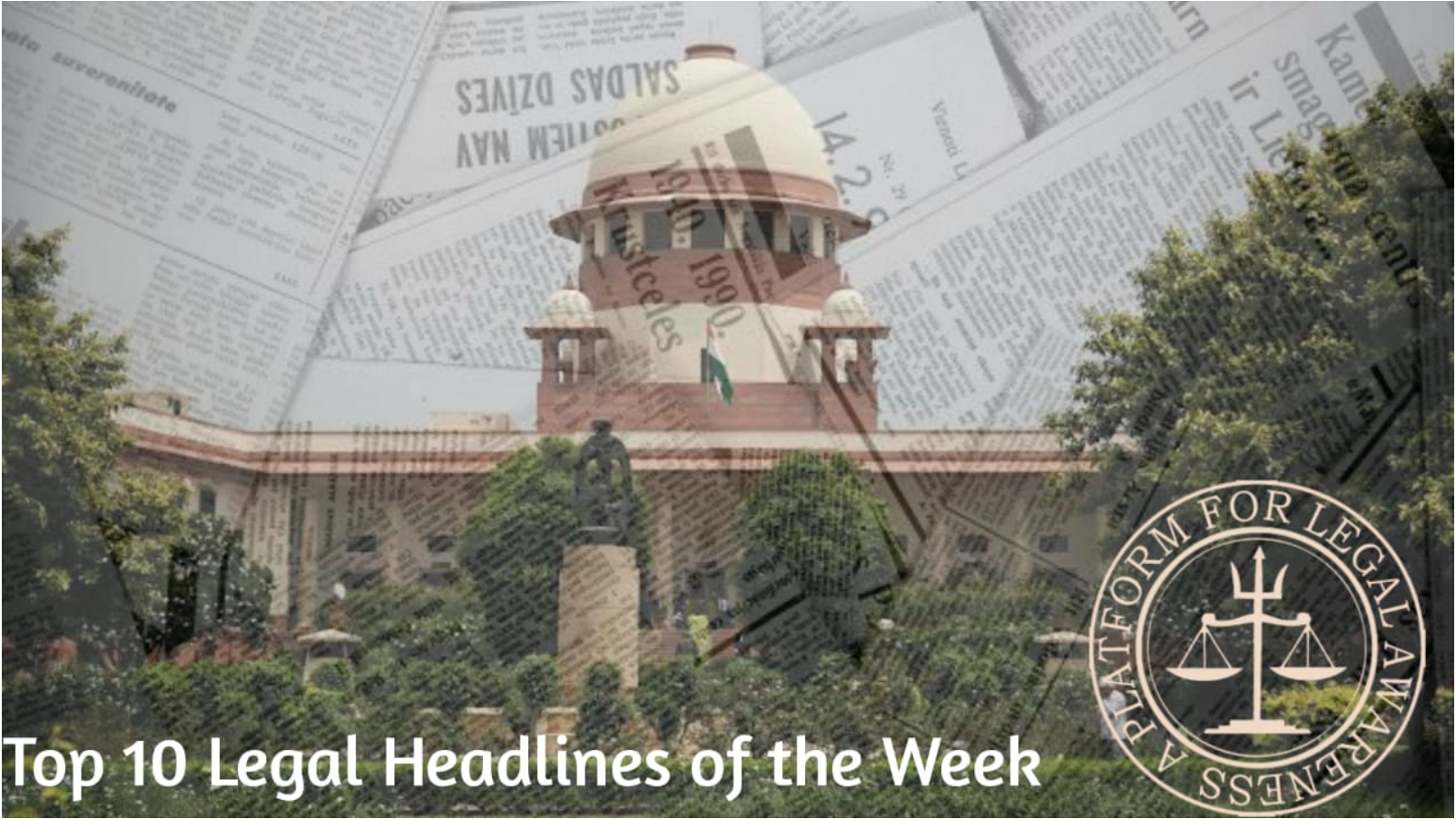1. Aadhaar, Ration Card Not Proof of Voter Eligibility: ECI Tells Supreme Court
In the ongoing Special Intensive Revision of electoral rolls in Bihar, the Election Commission of India informed the Supreme Court that Aadhaar and ration cards cannot be treated as standalone proof of voter eligibility. The ECI clarified that these documents may only serve as supplementary identification, not as conclusive evidence for inclusion in the electoral roll. This clarification was made in response to concerns raised about the exclusion of eligible voters during the revision process.
2. Maharashtra Challenges Acquittal of 7/11 Mumbai Blasts Accused in Supreme Court
The Maharashtra government has approached the Supreme Court against the Bombay High Court’s recent acquittal of all twelve accused in the 2006 Mumbai train blasts case. The blasts had killed over 180 people and injured hundreds. Earlier, a special court had awarded death sentences to five of the accused and life imprisonment to seven others. Solicitor General Tushar Mehta mentioned the matter before CJI BR Gavai, who agreed to list the case for hearing the next day.
3. Supreme Court Slams Samajwadi Party Over Misuse of Political Power in Office Eviction Case
The Supreme Court refused to entertain the Samajwadi Party’s petition against its eviction from a municipal property in Pilibhit, Uttar Pradesh. The Court observed that the office allotment appeared to be a result of misuse of political influence and muscle power. It criticised the party for occupying public property improperly and directed it to seek a remedy before the appropriate trial court instead of invoking the Supreme Court’s jurisdiction.
4. Supreme Court Lifts Stay on Probe into Lilavati Hospital Irregularities
The Supreme Court lifted an ex parte stay imposed by the Bombay High Court, allowing the investigation into alleged financial irregularities at Lilavati Hospital to proceed. The case pertains to a 2005 scam involving former trustees of the Lilavati Kirtilal Mehta Medical Trust, who were accused of entering into irregular and overpriced procurement deals with vendors linked to them. The Court emphasised the importance of allowing a fair investigation and set aside the interim order that had restrained it.
5. Supreme Court Partially Stays Bombay HC Verdict in 7/11 Blasts Case
The Supreme Court stayed the Bombay High Court’s judgment in the 2006 Mumbai train blasts case, but only to the extent that it cannot be treated as a precedent in other cases. The Bench, led by Justices MM Sundresh and N Kotiswar Singh, made it clear that this limited stay does not affect the release of the 11 accused who were acquitted by the High Court. The Court emphasised it will examine the legal correctness of the acquittal without disturbing the current liberty of the accused.
6. Supreme Court Questions ?12 Crore Alimony Demand by MBA Graduate
The Supreme Court reserved its order in a high-value matrimonial dispute, where a woman sought ?12 crore and a flat in Mumbai as alimony from her estranged husband. Chief Justice BR Gavai remarked that educated individuals, particularly those like the woman with an MBA, should not opt for voluntary unemployment and then demand exaggerated maintenance. The Court questioned the rationale behind claiming such a large sum despite being qualified to work, hinting at the need for financial self-reliance when capable.
7. Section 498A: Supreme Court Orders Public Apology for False Harassment Case
The Supreme Court directed an IPS officer and her parents to issue a public apology to her ex-husband and his family for misusing Section 498A of the IPC. The Court noted that the husband and his father were unjustly jailed for 109 and 103 days, respectively, due to multiple false cases. Calling the misuse of legal provisions a serious concern, the Court emphasised accountability and justice for the falsely accused. The apology must be widely circulated to restore the family’s dignity.
8. Supreme Court to Hear Justice Yashwant Varma’s Plea Against In-House Committee Report on July 28
The Supreme Court is scheduled to hear, on Monday, July 28, the plea filed by Justice Yashwant Varma of the Allahabad High Court challenging the findings of an in-house committee report. The report had indicted him following the recovery of a significant amount of unaccounted cash from his official residence in Delhi. A Bench comprising Justices Dipankar Datta and A.G. Masih will preside over the matter. The case raises serious questions concerning judicial accountability and internal inquiry mechanisms.
9. Indira Jaising Urges Supreme Court to Lower Age of Consent Under POCSO to 16; Centre Opposes
Senior Advocate and Amicus Curiae Indira Jaising has recommended that the Supreme Court reconsider the age of consent under the POCSO Act, 2012, lowering it from 18 to 16 years. She argued that the current threshold criminalises consensual adolescent relationships and undermines the sexual autonomy of minors. However, the Central Government strongly opposed the suggestion, cautioning that reducing the age would weaken child protection laws. The matter raises critical concerns about balancing the rights of adolescents with the need to safeguard minors.
10. Supreme Court Allows Kerala to Withdraw Plea Against Governor’s Delay in Assenting to Bills
The Supreme Court permitted the Kerala Government to withdraw its petition accusing the State Governor of delaying assent to Bills passed by the Assembly. The plea had also challenged the President’s refusal to assent to certain Bills referred by the Governor. Despite opposition from the Central Government, the Court allowed the withdrawal. The matter had raised significant constitutional questions concerning the roles of the Governor and the President in the legislative process.

